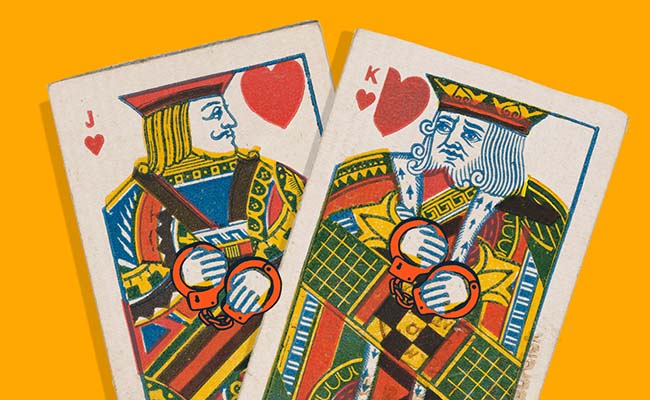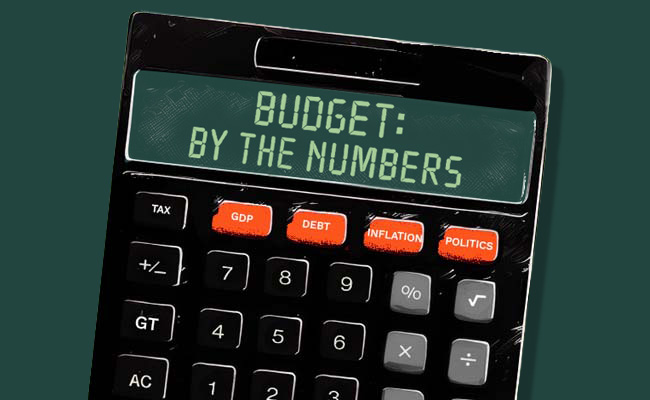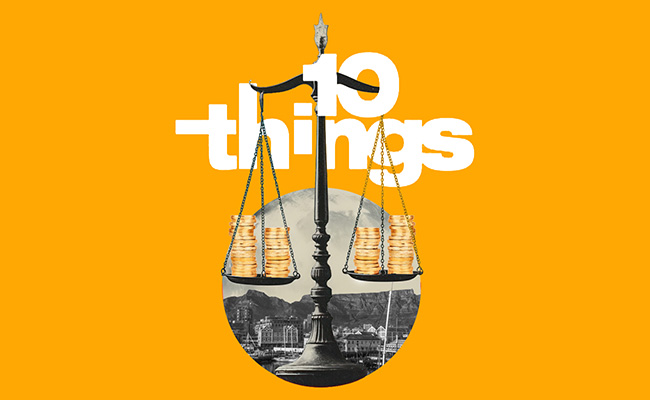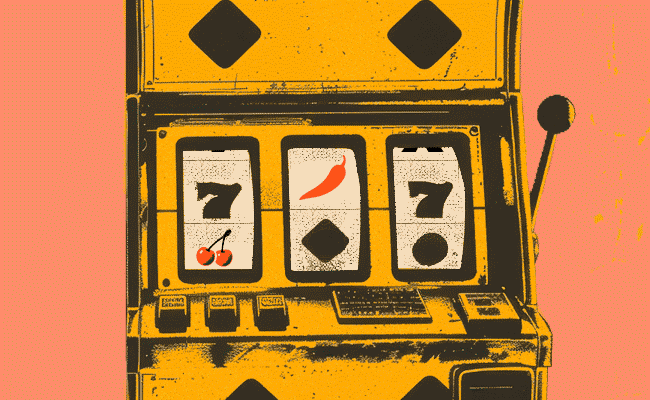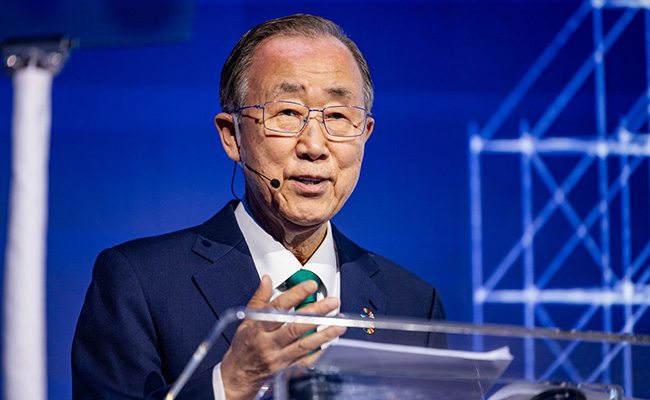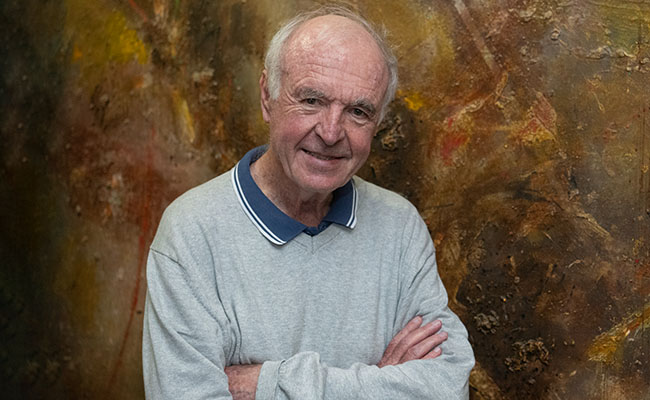Until just a few months ago, you could only really find out about online gambling if you went looking for it; today you can’t open a single website without gaudy slot games popping up, never mind watch a game of rugby without being reminded that, yes, Betway sponsored those shorts.
This sudden wave of attention has sparked a heated public debate: those who argue the industry is an unregulated mess that needs to be reined in, and others who are more hesitant to muzzle it and thereby risk an explosion in covert operators.
But somewhere in the chorus of impassioned opinions, the facts appear to have been been somewhat lost.
For starters, the National Gambling Board (NGB), which has stirred up much of this controversy, is not nearly as powerful as it seems. Because our provinces are quasi-federal, they have the powers to legislate and regulate gambling within their own regions, explains Wayne Lurie, CEO of the South African Responsible Online Gambling Association.
So, though the state, via the department of trade, industry and competition, parrots the NGB’s position – which is that all online gambling is illegal – all the industry players Currency spoke to say this is simply not the case.
When it comes to getting a licence, gambling companies must approach the provinces they wish to operate in, even for a national licence. The NGB’s function is “simply to rubber-stamp it,” says Lurie.
The provinces may vary slightly in their legislation, but they are strict when it comes to keeping betting sites in line. Despite legislation that is now more than 30 years old (which Lurie admits is not ideal and requires reform), the provinces do a good job of administering the law.
A recent Supreme Court ruling that inspired much of the commotion around online gambling was related to the Gauteng Gambling Act. The court confirmed that it is unlawful for bookmakers in the province to offer fixed-odds bets in roulette, as this does not qualify as a sporting event. The province is uniquely strict about this, as most other provinces allow it.
While the NGB claimed the judgment extends to all bookmakers licensed across South Africa, it is only a provincial ruling.
The Western Cape and Mpumalanga are South Africa’s principal gambling provinces, and Lurie points to them as examples of fierce administrators.
“Currently, Mpumalanga is closed, you can’t even get a licence in Mpumalanga,” he notes.
The provinces are also strict about the process of putting up new games. Tasoulla Hurwitz, CEO of betting site LottoStar, says games need to go through six months of testing before they can be recommended to the board for approval.
“Our provinces have become very involved in how we do things. Do they put up a lot of hoops and barriers? Yes, 100%. But if you want to be in this industry, you jump through them.”
‘Overstimulate and entice’
However, even if the legal gambling industry is well regulated in its practices, there is shockingly little gambling advertising legislation, and the companies take full advantage of this.
“We’ve actually done the damage to ourselves,” admits Hurwitz. “We’ve bombarded the market because there was so little legislation around it. We’ve all taken advantage of the fact that the legislation hasn’t caught up.”
Lurie says that, in essence, the law says gambling advertising cannot “overstimulate or entice” – broad phrases that allow for much leeway in what can be advertised.
Aside from that, all types of gambling ads must come with responsible gambling messaging. TV ads must show a warning for eight seconds of the commercial, and 10% of a physical advert should be taken up by the responsible gambling message.
There are also rules about which audiences can be exposed to gambling ads, specifically around minors.
“But that’s it! That’s all we have,” Hurwitz says. It’s no wonder every billboard and commercial break is greedily snapped up by gambling sites when there are so few restraints.
The issue with dealing with this sort of “sin” advertising is that you can’t treat it like alcohol or cigarettes in that protecting minors is the main goal, says Gail Schimmel, CEO of the Advertising Regulatory Board (ARB). Most minors aren’t problematic gamblers – adults are, so how do you protect them?
And, “unlike other ‘sin’ products, there’s no friction with gambling. The ad pops up on your phone and you click and you’re in there. There’s no time for that impulse control to kick in,” Schimmel says.
It’s a tricky business to regulate, and because the ARB can only pull ads if they are referred by a complainant, its hands are often tied. A draft code that the ARB has recently introduced aims to ensure that radio and TV warnings play at the same speed and in the same tone as the rest of the commercial, instead of being a hastily-read jumble.
Schimmel says waiting for government to act on this advertising shortcoming is pointless.
“We are looking at how we can extend the existing code to give more consumer protection. We can act faster than government, and we will act faster than government,” she says.
A one-way ticket offshore
Of course, this legislation only applies to South Africa’s licensed betting sites – it is helpless against the thousands of illegal sites that operate in the country. This is, arguably, where the problem really lies.
According to the Yield Sec report commissioned by the South African Bookmakers’ Association (Saba), there are 2,084 illegal operations actively targeting South Africa. Most of these operations are hosted offshore in jurisdictions such as Curaçao, Malta, Gibraltar and the Philippines, where “pseudo-licenses” are issued with little oversight.
“They don’t pay any tax, they don’t have regulation around the games they are offering, and they present themselves as South African online casinos,” Lurie explains. One example is the Springbok Casino, which despite its green and gold design actually operates from Curaçao.
Players have no protection if these sites refuse to pay out winnings or manipulate results, and they run the risk of identity theft and data breaches.
Saba CEO Sean Coleman notes with concern how these illegal sites are also taking advantage of the advertising boom. Dafabet, an illegal site based in the Philippines, is an official sponsor of Cricket South Africa, and is even the name of the local Gqeberha cricket team – the Dafabet Warriors.
Saba accuses illegal gambling sites of diverting a staggering R50bn in gross gambling revenue offshore annually. This figure is even more astonishing when compared to the NGB’s report that national gross gambling revenue amounted to R75bn in 2024/25.
It’s a pervasive issue that the gambling community is concerned about, but the public mudslinging in the media and between organisations is making the issue murkier than it should be.
Lurie says all the infighting is only facilitating the illegals. “While everyone inside the country is fighting about how to regulate [online gambling], or whether it’s legal or not, they are simply sitting there siphoning funds out of the country.”
Saba’s Coleman is adamant that this is a “solvable problem”.
“We have the data, the technology and the partnerships to act. We also have good legislation in place with legal case-law precedent. What’s needed now is alignment between regulators, government, the banking sector and law enforcement to protect South Africans from illegal gambling harm.”
For its part, the ARB is determined to put an end to illegal advertisements such as those of Dafabet, but “there’s a lack of consumer knowledge about what is legal and what is not legal”, says Schimmel, which means people aren’t reporting false advertising because they can’t tell the difference.
The problem is that an average punter can’t be expected to discern whether that massive billboard in the airport lounge is legitimate or not – they just want to know if they can make a little off the next Premier League fixture. And, if they’ve got money to bet – legally or illegally – these sites will still gladly take it.
Top image: Rawpixel/Currency collage.
Sign up to Currency’s weekly newsletters to receive your own bulletin of weekday news and weekend treats. Register here.


